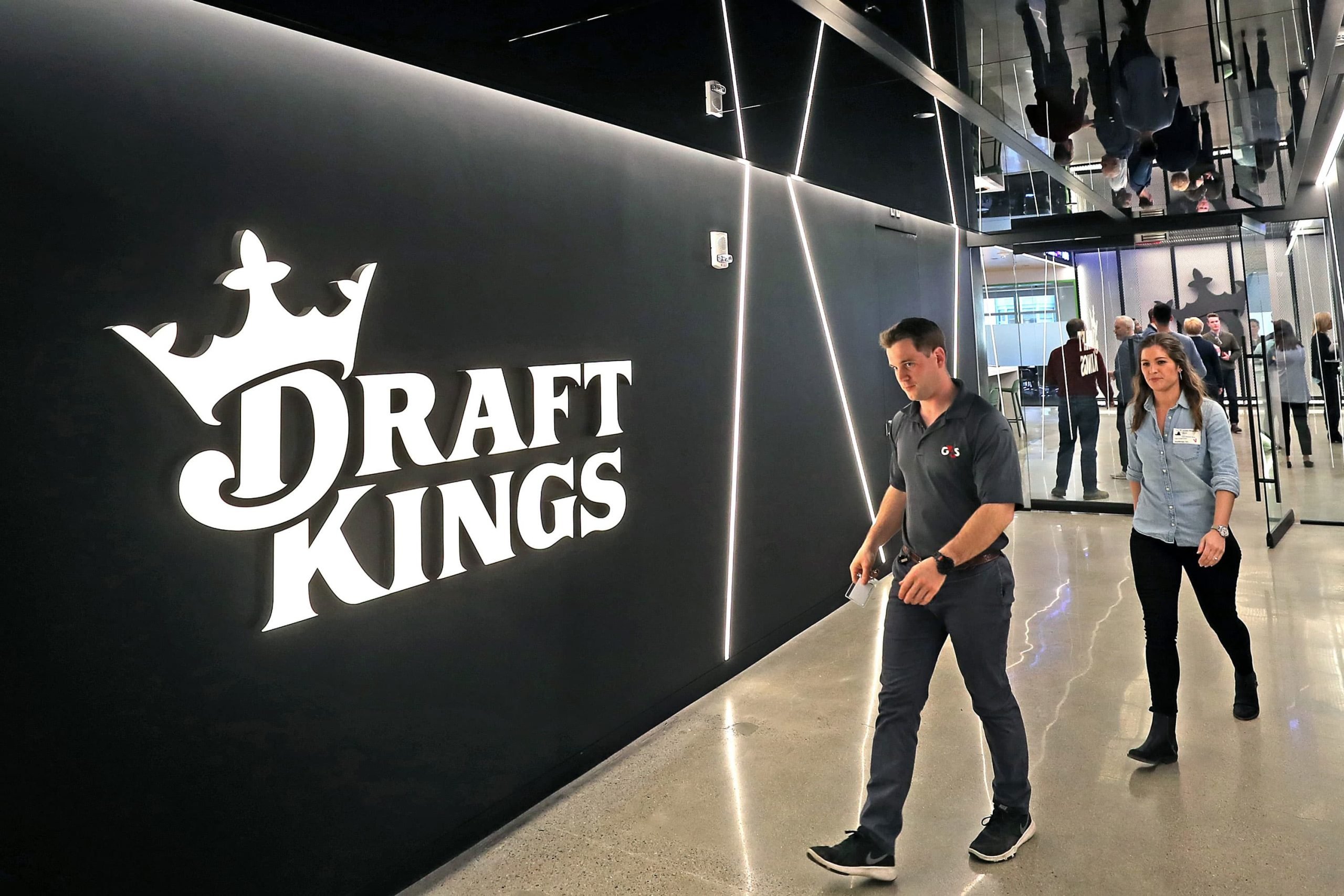Posted date: December 16, 2024 04:33.
Last updated: 16 December 2024 04:33h.
A former DraftKings customer is suing the gaming company for sharing its customers’ video viewing habits without permission.
An employee at DraftKings headquarters. Former customers are suing the company for sharing data with Facebook without their permission. (Image: CNBC)
In a class action lawsuit filed Friday in the U.S. District Court for the Southern District of New York, plaintiff attorney Jeffrey Wang alleges that DraftKings uses Facebook’s online tracking devices and tools to allow the social media company to collect data on videos bettors watch. He claimed to have made it possible to collect. And the games in which they showed interest in betting.
The plaintiffs have never agreed, consent, or permitted to disclose the plaintiff’s personal identification information (PII) and browsing information on Facebook or other third parties, and have never been permitted, and permit them. We have never disclosed it for the purpose of violating the law. ” legal document.
DraftKings is one of the largest online sportsbook operators in the United States, and like many Internet-based consumer companies, the company says it shares customer data with third parties.
“Certain products, services, or other materials displayed on the Website and Applications may be integrated with, integrated with, or offered in connection with certain third-party services and content. We do not control such services and content, and our Terms of Use and this Privacy Policy do not apply to those services and content. Game company privacy policy.
DraftKings controls data sharing, Wang claims
Wang’s lawyers argue that DraftKings is selective about what customer data it shares with Facebook, and that if the gaming company didn’t implement Facebook’s business tools, the social media company would not have access to customers’ PII. He argued that he could not.
These tools include the Facebook Pixel and Conversions APIs, which may have facilitated the transmission of customer data from DraftKings to social media companies.
“More specifically, the Facebook pixel that Defendants installed and used provided detailed information about the customer’s websites and apps, including the names of specific video games and other audiovisual content that the customer requested and/or watched each time. Facebook tracked, recorded, and transmitted the activity of Defendants’ websites and apps. This information is more than just metadata,” Wang’s legal team said in a court filing.
The lawyers go on to argue that the Facebook tools used by DraftKings are not essential to DraftKings’ business model, and even if they were, they were used in a way that protects customers’ browsing habits and information. He argued that it was possible. The legal team added that when a customer watches or makes a purchase on DraftKings, a record of that activity is sent to Facebook without the customer’s knowledge.
“Neither Plaintiffs nor Class Members consented to Defendants’ disclosure of their video viewing history to third parties at any time. As a result, Defendants have stripped Plaintiffs and Class Members of their right to privacy and control of their personal information.” is stated in the submitted documents.
DraftKings lawsuits pile up
The Wang v. DraftKings case is the latest in an increasingly protracted series of lawsuits against the Boston-based gaming company. Last month, lawyers for a former DraftKings engineer sued the company in federal court in Massachusetts, alleging the operator fired him for requesting parental leave. If true, it could violate the Family and Medical Leave Act.
The lawsuit comes shortly after a New Jersey woman sued DraftKings, claiming the company “fostered” her husband’s problematic gambling habits and caused him to lose nearly $1 million of the family’s fortune. did. The sportsbook giant is also involved in a lawsuit with two unions representing professional athletes over the use of player images.
The gaming company was fined $200,000 in September after the SEC alleged that CEO Jason Robbins leaked sensitive non-public financial data on his social media accounts. agreed to pay.

